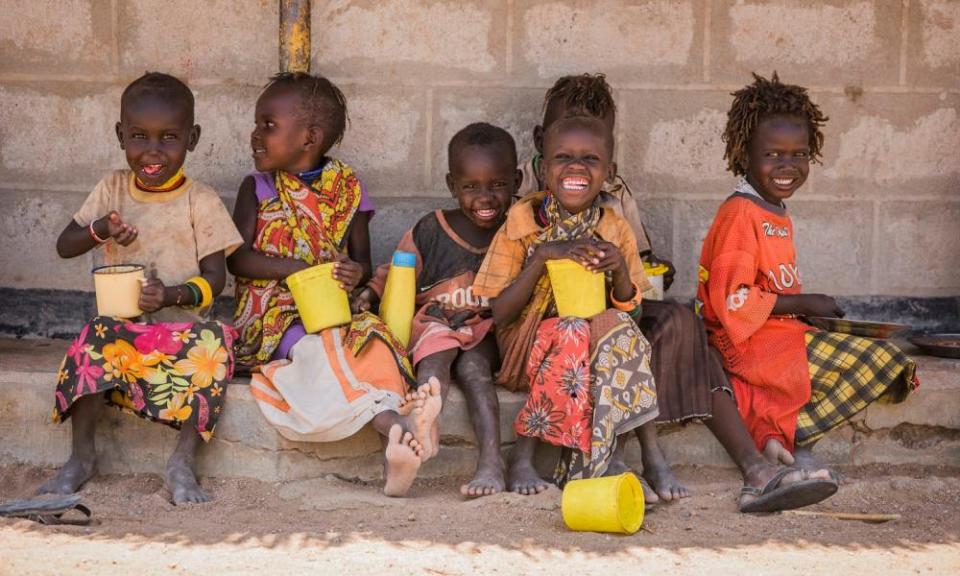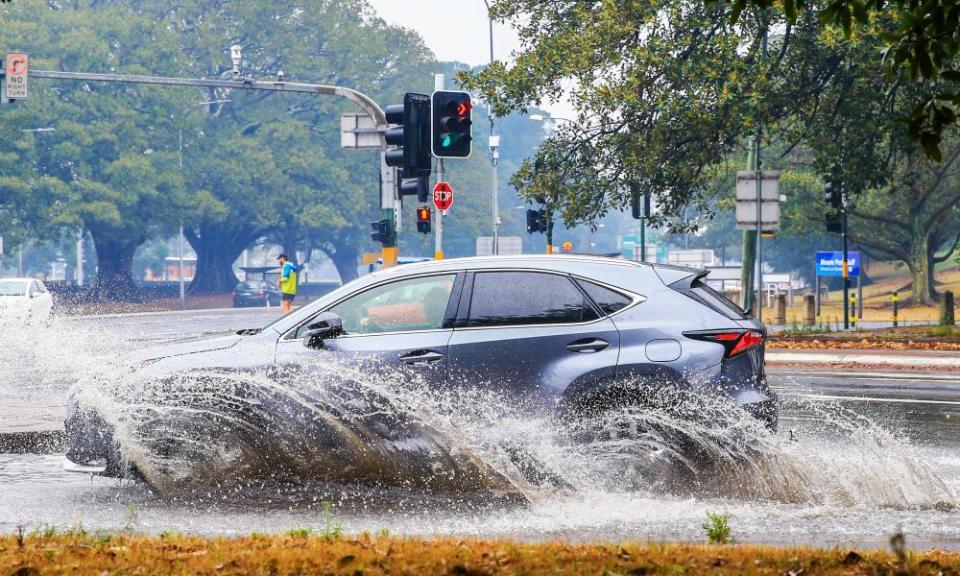Where does change come from, and is it finally coming on climate?

Where does change come from? What creates a pivotal moment or a tipping point?
What, for example, stopped us drink-driving in the 1970s? What turned us off cigarettes over the past couple of decades? Why was English football roundly loathed in the early 1980s but the most popular spectator sport on the planet two decades later?
What was it about 1991 that was fatal to the Soviet Union? Why did it take until 2011 for the Arab world to rise up against despots?
I am no expert in change. (Perhaps you are – do get in touch and let me have your expertise, so I can pretend it is mine). But it’s my hunch that it comes not from government but from a fluid mishmash of factors: a startling event, some great new scientific insight, an inspiring individual, a sudden new generation, protest, advocacy and of course journalism.
It’s also my hunch that these factors are conspiring right now to bring about a huge cultural shift in our relationship with the environment.
Think about it: startling changes to the climate; irrefutable science, Greta Thunberg and Sir David Attenborough, school strikes, civil disobedience, newspaper campaigns. And now we are seeing the knock-on effects: fossil fuel divestment is accelerating, renewable capacity is soaring, single-use plastic bans are multiplying, carbon offsets are growing. Our attitude towards quotidian utilities like flying, coal and meat are undergoing a profound shift.
It may be too little too late. But the Upside is going to catalogue it anyway, week in, week out.
This week we reported on:
• The rise of fossil fuel divestment. One-minute read.
• A Damascene conversion at a big fund manager. Two-minute read.
• Toothpaste goes vegan. One-minute read.
And we enjoyed reading articles by other news organisations, including the $300bn global investment in renewables, electric ferries in Norway and Swedish plans for night trains to Europe.
Aside from the imminent end of the world, it was an Upside week for:
• The kids of Liberia, who go to school for lunch as much as for learning. Three-minute read.

• The Oakland woman who took over a vacant lot to house the homeless. Three-minute read.
• The SDGs: have a play and fix the planet. Endless fun.
Lucky numbers
New HIV infections are tumbling fast in the UK. Also the number of UK pubs and bars rose last year for the first time in more than a decade. We rather like the ONS report title too: Economies of Ale. Separately, in Wales this week, 16 was the lucky number.
Meanwhile, according to our friends at Information is Beautiful, the number of mountain gorillas has tripled in the last two decades.
What we liked
WoW! news is a new European operation producing solutions-type news for children in both English and French. You can sign up for the WoW revolution here.
We also liked this brainy article in Nature about “systems thinking”. We should all do more of it, probably.
What we heard
Dr Tove Skutnabb-Kangas wrote in with a recommendation from Sweden:
The Swedish daily ETC, which describes itself as a red-green newspaper, is the first newspaper in the Nordic countries that does NOT accept any ads that are related to any fossils. It is a fantastic newspaper – but they don’t only have a newspaper; they do masses of other things, with solar energy, building, book publishing, etc etc. Please check! It is one of the best things in Sweden.
Worth leaning Swedish for, perhaps …
Wolfgang Jabs meanwhile had a suggestion following our piece last week about Bangladesh’s response to climate change.
Can you look at ways in which buildings – houses – are being adjusted to rising sea levels? Have people in low-lying/flood-prone areas begun to build on stilts/create artificial hills/built floating homes, adopted techniques from oceanic parts of Asia?
We did a piece on this last year, but certainly worth returning to …
Where was the Upside?
In Australia, where the rains finally came.


 Yahoo News
Yahoo News 
